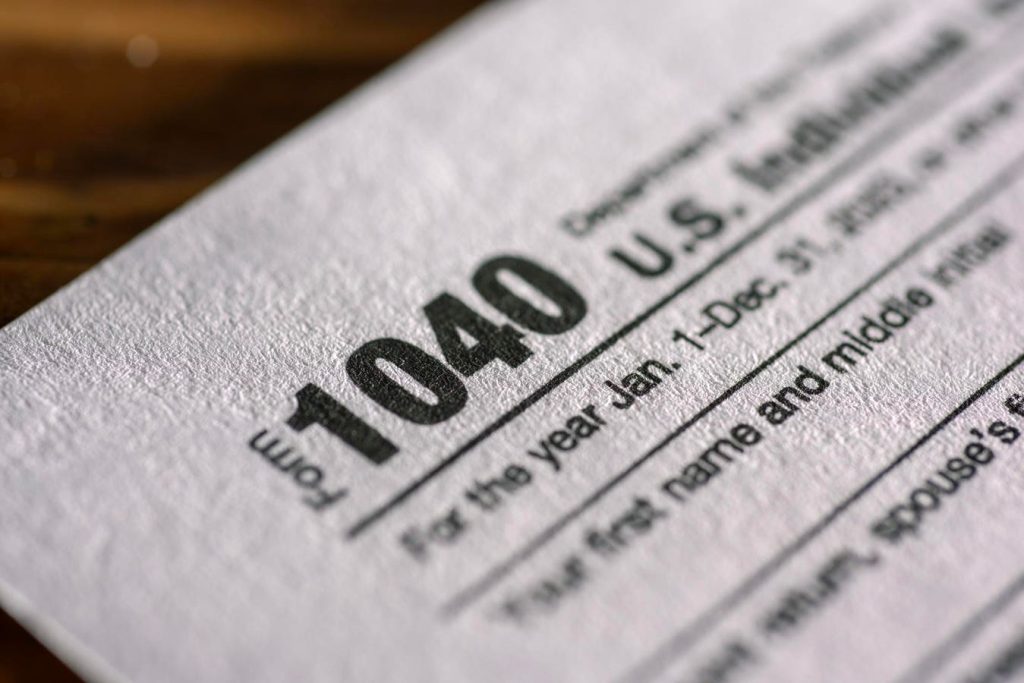The U.S. Department of the Treasury and the IRS have revealed that the number of states offering Direct File will double in Filing Season 2025 to 24. This expansion means that 62% of Americans will now have access to Direct File, as it becomes available in Alaska, Arizona, California, Connecticut, Florida, Idaho, Kansas, Maine, Maryland, Massachusetts, Nevada, New Hampshire, New Jersey, New Mexico, New York, North Carolina, Oregon, Pennsylvania, South Dakota, Tennessee, Texas, Washington, Wisconsin, and Wyoming. Furthermore, Direct File will now cover additional types of income, credits, and deductions, making it accessible to more than 30 million taxpayers in the upcoming filing season.
Direct File was established under the Inflation Reduction Act (IRA), which directed the IRS to provide a report to Congress on the feasibility and cost of developing a free direct e-file tax return system. The IRS’s report from 2023 outlined how an IRS-run free direct e-file tax return system would operate, with the majority of surveyed taxpayers expressing interest in using such a tool to file their taxes.
In a pilot program conducted in 2024, eligible taxpayers in 12 states were able to file their federal tax returns for free directly with the IRS through Direct File. The success of the pilot led to Secretary of the Treasury Janet L. Yellen and IRS Commissioner Danny Werfel announcing that Direct File would become a permanent program available to all 50 states and the District of Columbia for the 2025 filing season. However, not all taxpayers will benefit immediately, as Yellen acknowledged the challenges in rolling out the program to all taxpayers.
Direct File provides a free and secure option for taxpayers with simple tax situations in participating states. For Filing Season 2025, Direct File will support additional income types and credits for individuals who meet the necessary requirements, such as the Credit for Other Dependents, Child and Dependent Care Credit, Premium Tax Credit, Retirement Savings Contributions Credit, and the deduction for Health Savings Accounts. Customer service representatives will continue to offer bilingual support, with live chat available in English and Spanish, as well as enhanced authentication and verification features.
During the Direct File pilot, four states developed companion state tax filing tools allowing users to file their state returns. Partnerships with organizations like Code for America have enabled states to offer integrated state tax filing tools to Direct File taxpayers. The potential savings for taxpayers are substantial, as the average American spends $270 and 13 hours filing their taxes, but with Direct File, eligible Americans can file their taxes online for free, saving potentially hundreds of dollars.
Looking ahead to Filing Season 2026, the Treasury and the IRS have secured commitments from additional states to join Direct File. By expanding access to Direct File and providing a free and easy option for taxpayers to file their taxes online, the program has the potential to save Americans tens of millions of dollars in filing fees, aligning with the Biden-Harris Administration’s goal of reducing costs for American families. As the next filing season approaches, taxpayers in the 24 participating states should check their eligibility for Direct File to see if it’s the right option for them.













